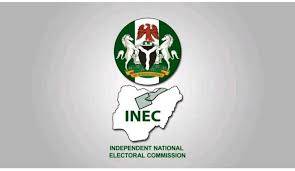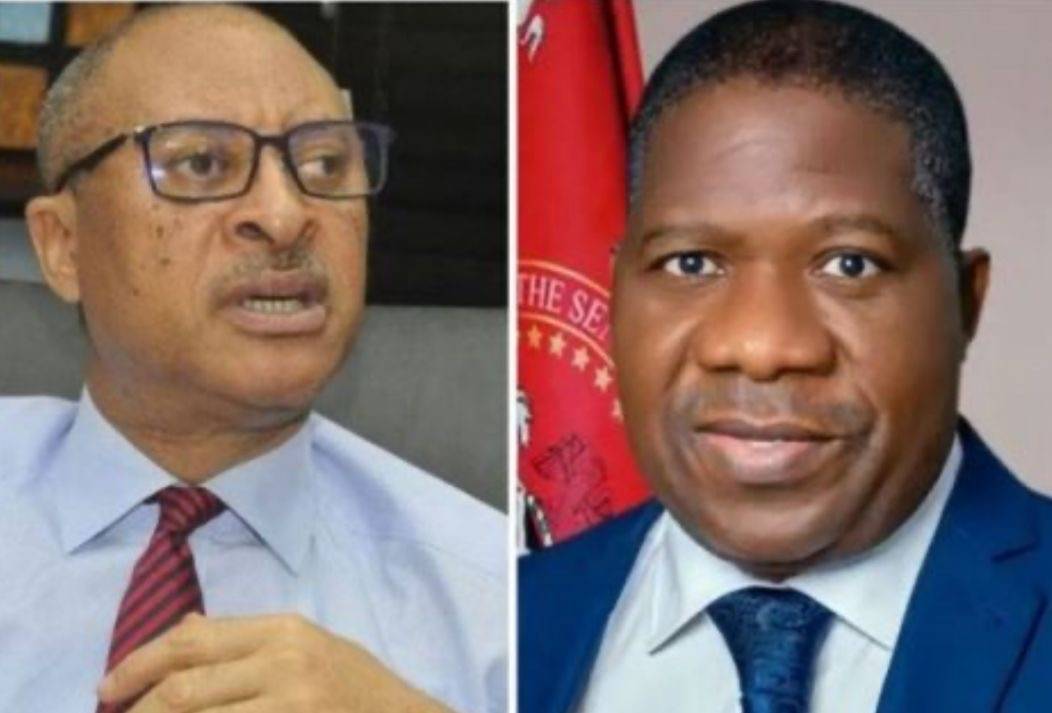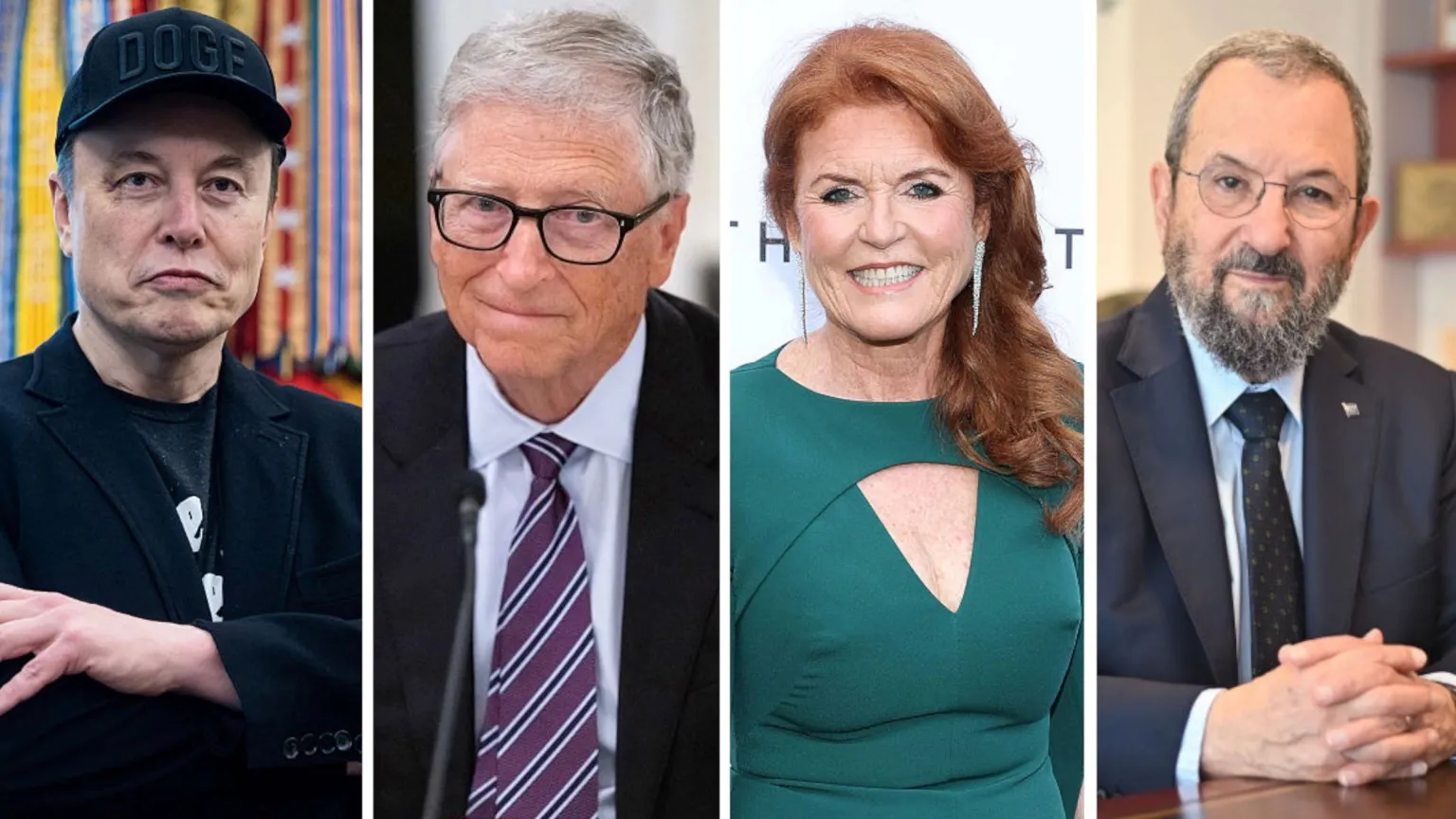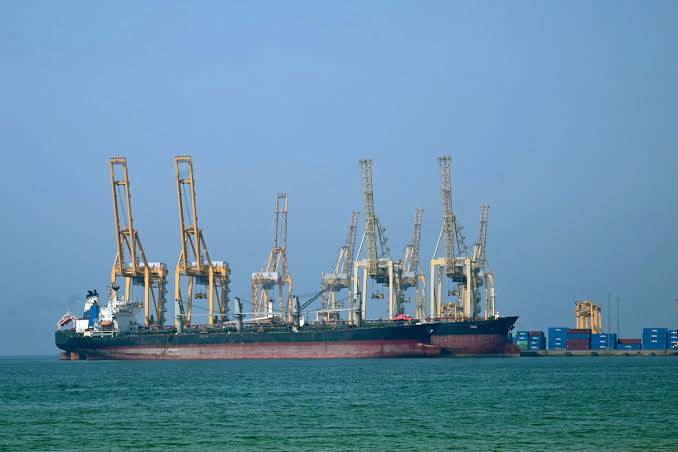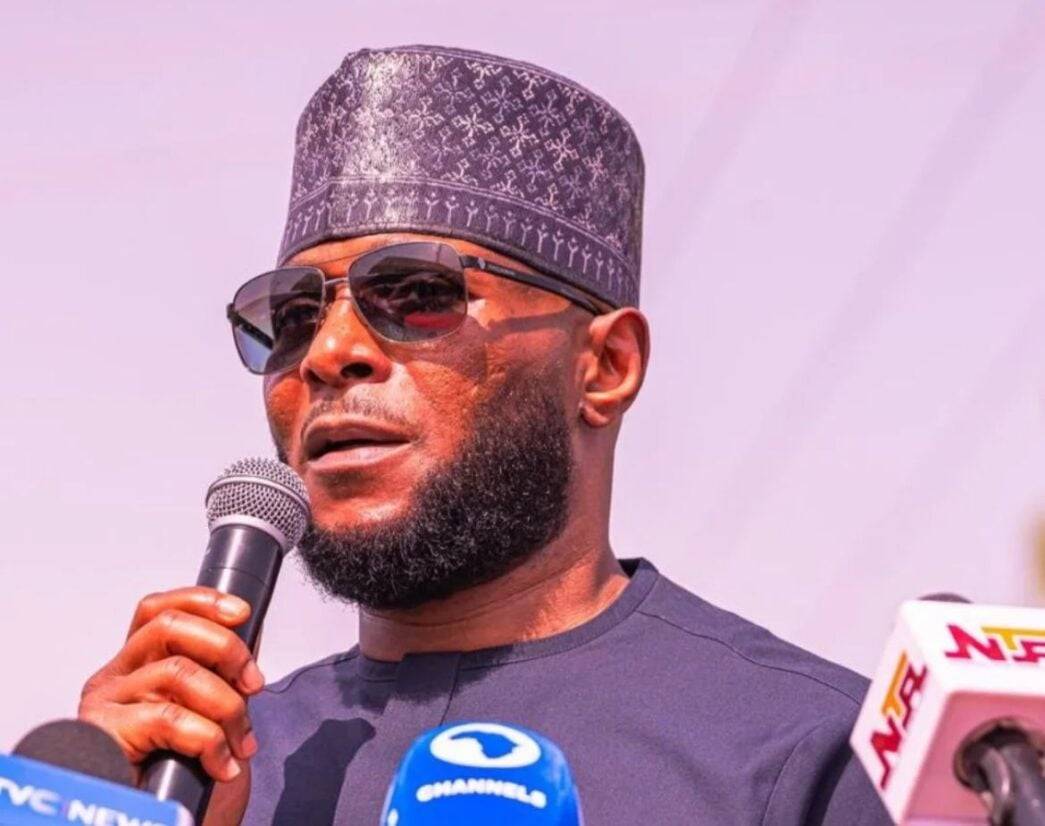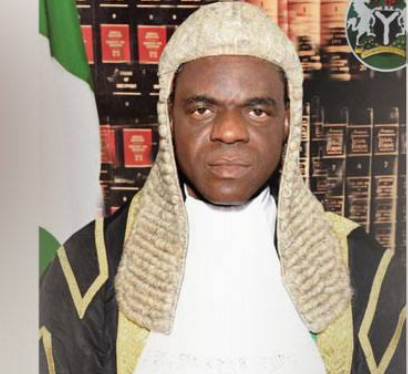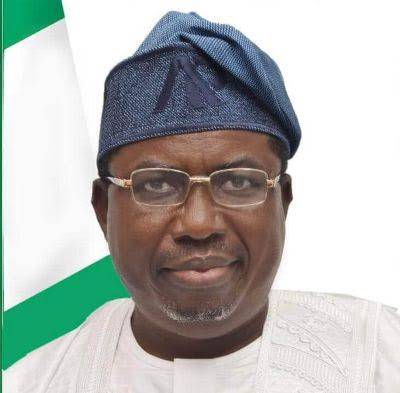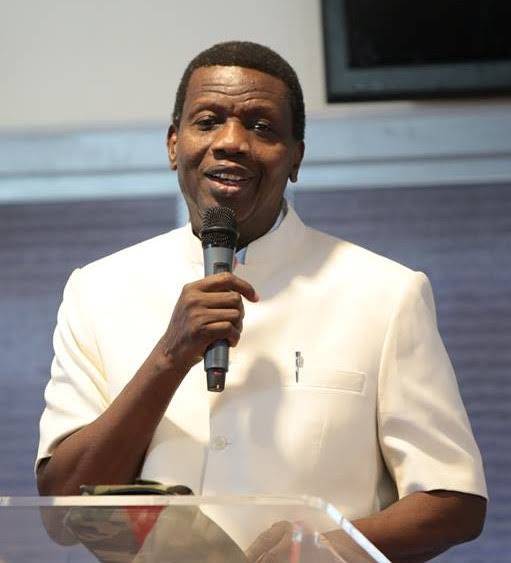The Federal Government, European Union and the German government, yesterday, in Abuja decried the impact of the capacity gap in leapfrogging Nigeria to an energy-efficient country.
Although Nigeria is looking to raise 30 per cent of its energy needs from renewables by 2030, over 30, 000 professionals are currently required to ensure that the goal is achieved.
Coming at a time when the country’s electricity grid continues its epileptic performance, leaving homes and businesses in darkness, the Minister of Power, Abubakar Aliyu, said the renewable energy sector remained critical to the government’s economic recovery plan.
Speaking at a clean energy career fair hosted by the Renewable Energy and Energy Efficiency Associations – Alliance (REEEA-A), the European Union (EU) and the German Federal Ministry for Economic Cooperation and Development (BMZ), Aliyu who was represented by the ministry’s Director, Renewable and Rural Power Access, Abubakar Ali-Dapshima, said it remained critical to raise competent professionals that would bridge the capacity gap in the sector.
He said: “Given the need for vetted and competent manpower to drive the energy goals, the ministry is happy to reaffirm its commitment to support capacity development within the sector
Renewable Energy and Energy Efficiency Associations – Alliance (REEEA-A) Steering Committee, represented by Dr. Aminu ISA, also emphasised the shortage of manpower to support development projects in the sector.
“With an estimated need of over 30,000 jobs to drive energy innovation effectively and efficiently in the country, we need to do more to identify the best talents and support them to find opportunities best suited to their skillset. This is one of the core objectives of the Alliance,” he said.



